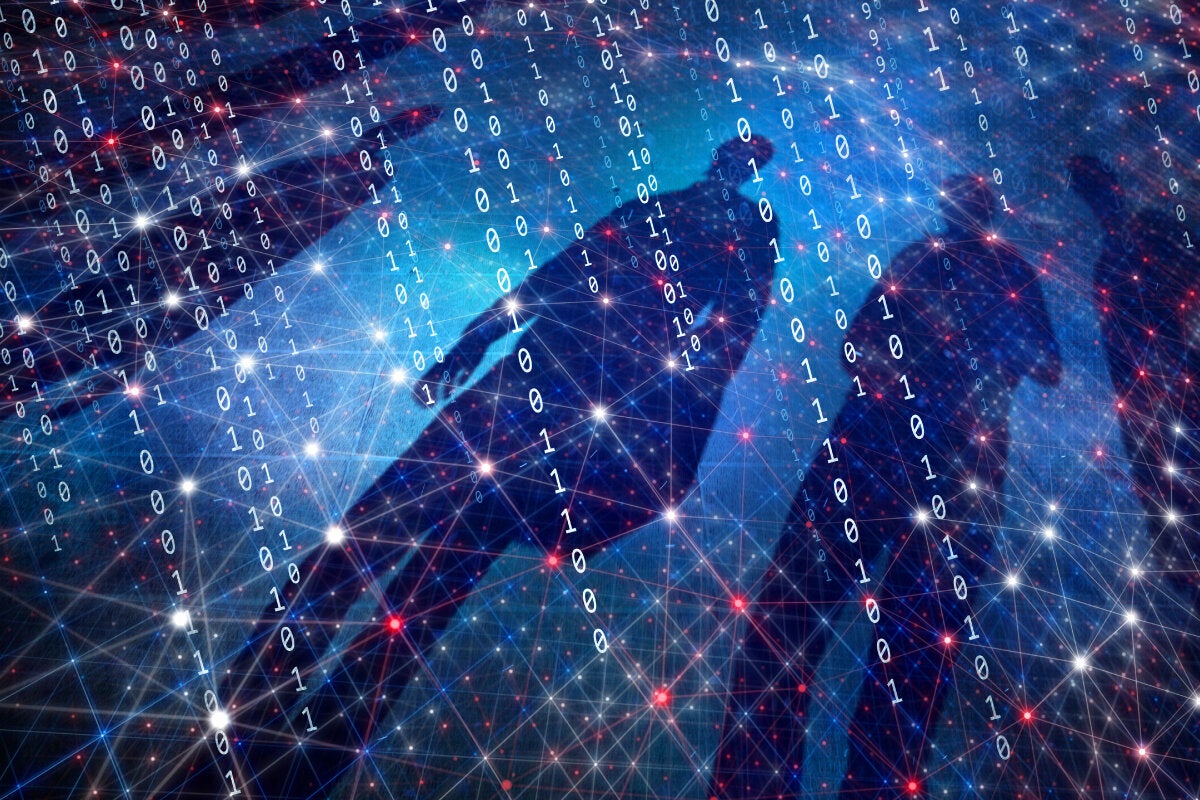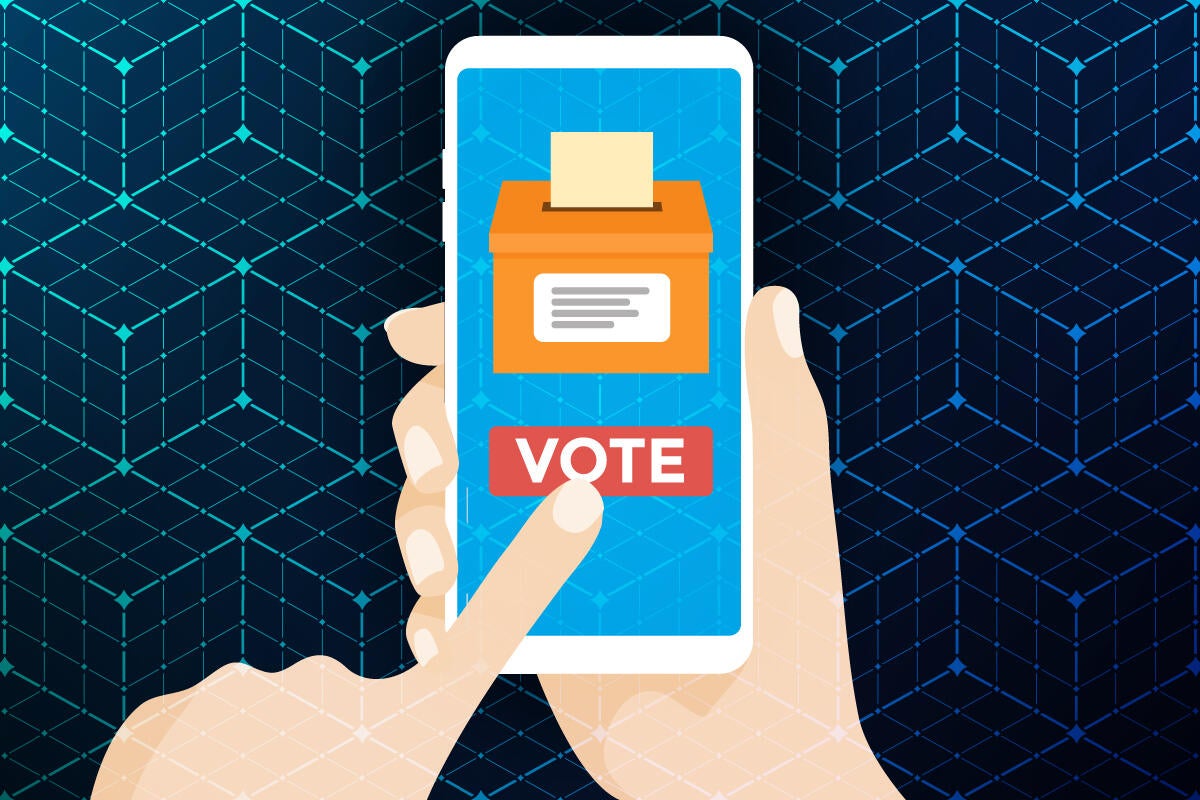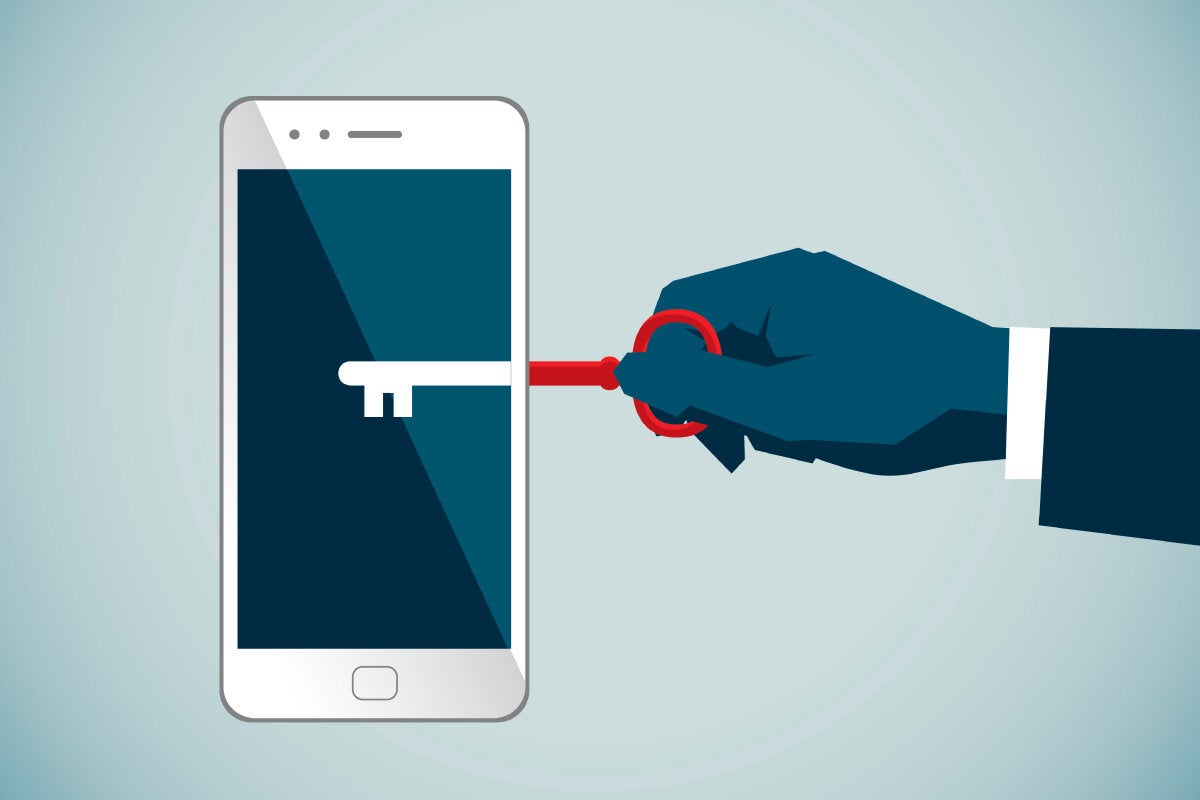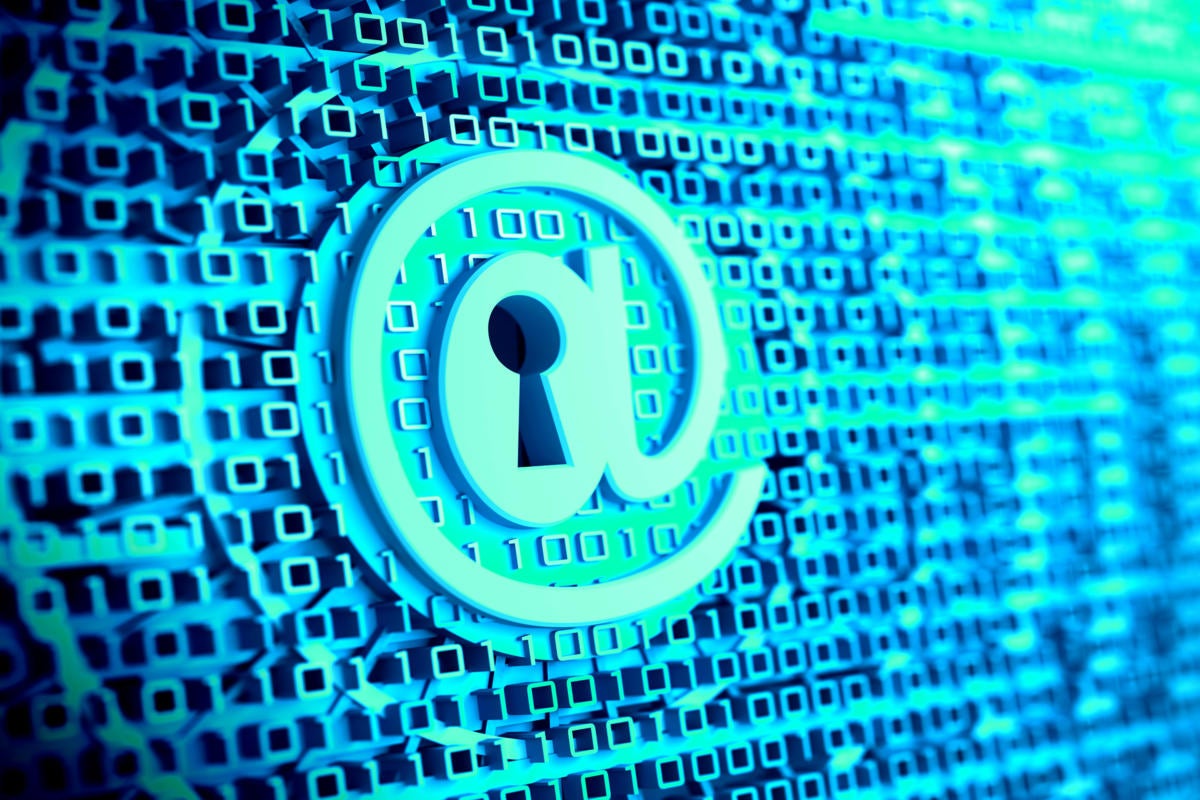Smart lighting security flaw illuminates risk of IoT

Credit to Author: Jonny Evans| Date: Fri, 07 Feb 2020 06:35:00 -0800
The latest smart home security nightmare sheds light on the risk you take each time you add another connected item to your home, office or industrial network – and even market leading brands make mistakes.
The story of Hue
Philips Hue smart lighting systems are probably among the most widely installed smart home solutions in the world, so plenty of people deserve to learn about the latest Check Point research which warns of a major security flaw in them.





